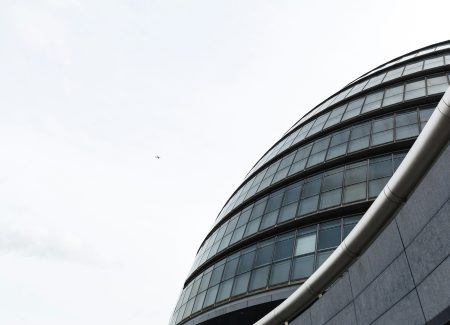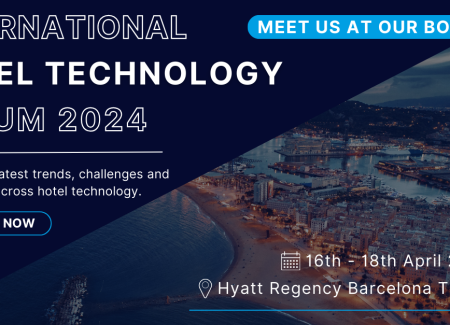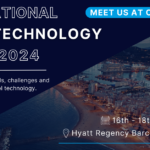In today’s society, security has become a fundamental concern in any context, both digital and physical. Therefore, the registration and accreditation of individuals in public buildings and large gatherings such as concerts and sports events are now much more than just a formality. They have become essential elements for risk management and the protection of both attendees and the environment itself.
However, it is not always easy to carry out access control. In large spaces with massive attendance, the problem is evident. A solution is needed that allows for the quick management and validation of a large number of access requests. In the case of public or private buildings, the issue lies not so much in the quantity of people to manage, but that manual access verifications can fail for various reasons.
6 benefits of registration and accreditation of individuals in physical spaces
1. We ensure the safety of individuals
The main objective of physical access management, especially in the organization of mass events, is to ensure the safety of all individuals present. Registration and accreditation allow us to have effective control over who enters and exits a given location. This not only helps prevent the entry of unauthorized individuals but also facilitates response to emergencies, as accurate information about the quantity and identity of those present is available.
2. We prevent crimes and illicit activities.
By requiring attendees to provide valid identification information, we deter individuals with malicious intentions from participating in events or accessing the building or facilities. Additionally, tracking entries and exits can aid in the subsequent investigation of incidents, should they occur.
3. We protect public and private spaces.
Protecting public and private spaces and buildings is also important, both for their value and for the safety of those who use them. Thus, registration and accreditation not only protect attendees but also safeguard the integrity of the spaces themselves. By controlling who has access and who does not, we reduce the risk of intentional damage or vandalism.
4. Improved capacity to react to risks and emergencies
Registration and accreditation play a crucial role in the management of emergency situations, such as fires, terrorist attacks or critical medical situations. If we can provide accurate records, rescue teams can quickly identify the people present and make informed decisions about evacuations, medical care and other emergency measures. This not only saves lives, but also reduces chaos and confusion at critical moments.
5. Comply with standards and regulations
In many cases, registration and accreditation are legal requirements to ensure compliance with safety and public protection regulations, such as Law 17/1997, of July 4, 1997, on Public Entertainment and Recreational Activities in Spain. Other sectors, such as healthcare, education or sports, are subject to sector-specific regulations, and there may even be municipal regulations that apply to bars and restaurants, stores, gyms or other premises for public use.
6. We improve the user experience
Streamlined and efficient registration processes reduce queues and waiting times, improving the experience of people coming to our facilities. In addition, if we collect information during registration, we may personalize your experience by offering services tailored to your needs and preferences.
Efficient management of the registration and accreditation of persons requires automation.
As we can already guess, an efficient management of the registration and accreditation of persons requires an optimization of the available resources, which translates into an automation of the identification with technological solutions. This process must be fast and efficient, minimizing waiting times and queues for attendees.
A system such as DELTA Gestión de Visitas allows us to digitize the registration and accredit our visits in a safe and fast way, avoiding waiting times and meeting capacity requirements. How does it work?
- DELTA’s document scanner or reader scans the ID card in three seconds obtaining the image of the person and the identification data such as name, surname and document number.
- The system issues an identification card or accreditation and manages your access and exit from the premises or building.
It’s that quick and easy, with no data entry or manual checks. In addition, you will be able to visualize the list of inputs and outputs in an agile way, export it to another document or integrate it into a management system.
In short, registration and accreditation of people in public buildings and major events are not simply bureaucratic formalities, but essential practices in risk management, public safety and protection of the common space.










